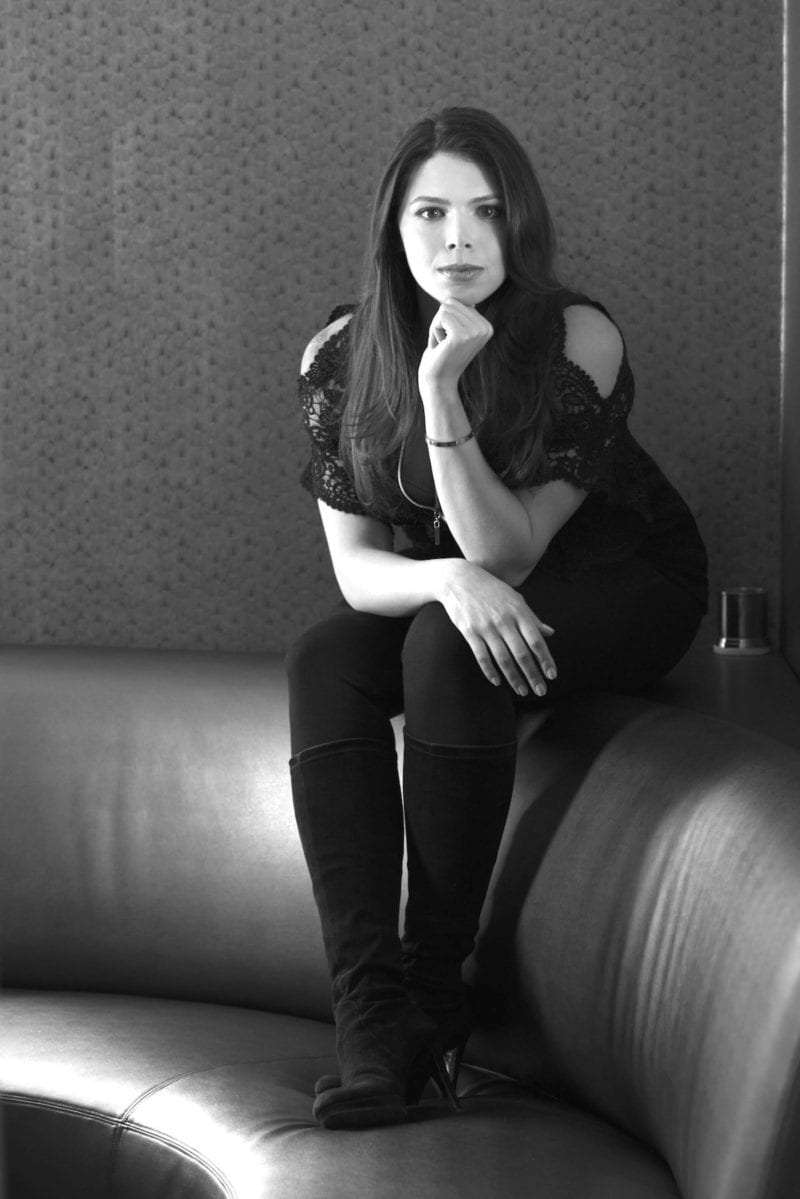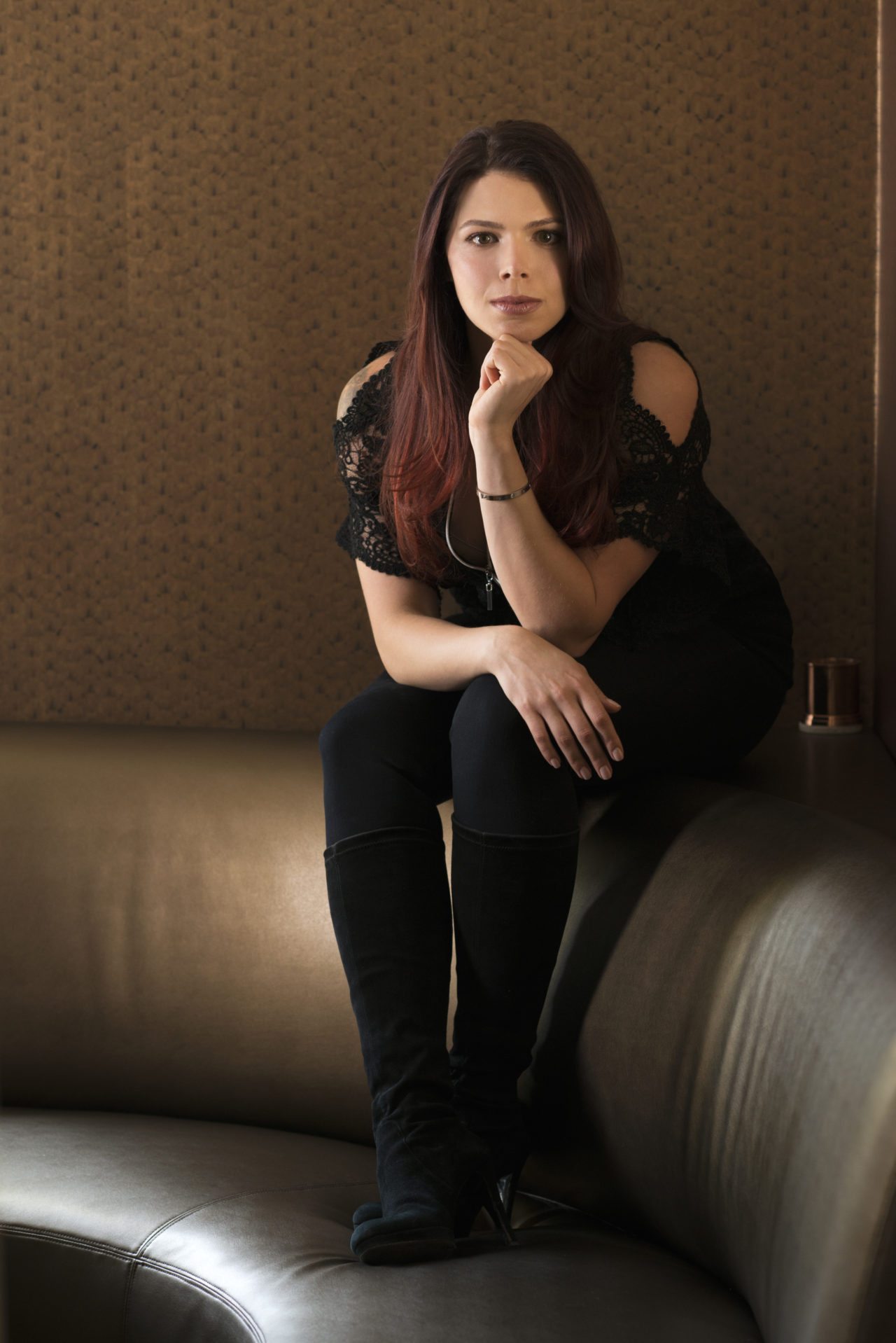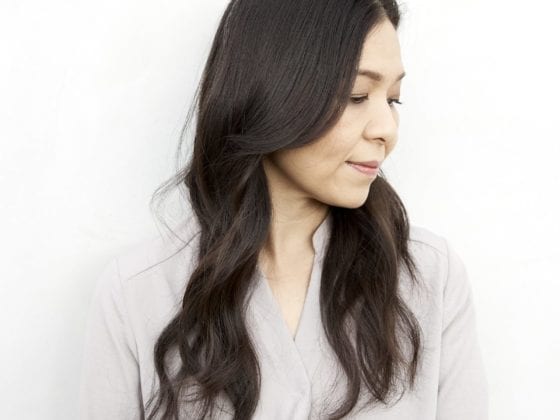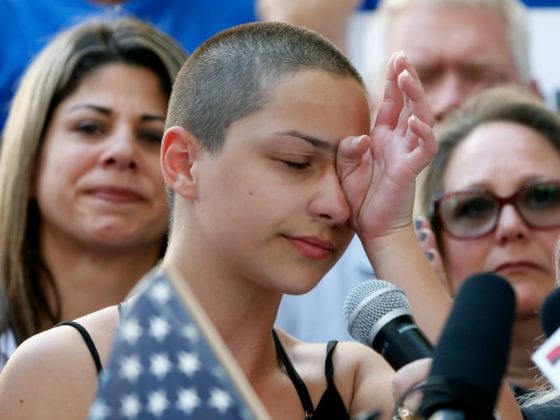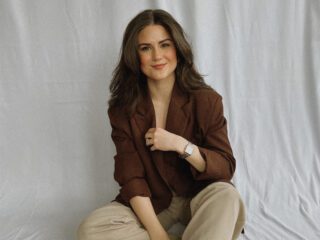As one of the youngest producers in Hollywood, Erika Olde of Black Bicycle Entertainment, represents a wave of storytelling that makes us hopeful and excited for the future.
More than the stories told, the work she’s done so far in the film industry — from starting a film school for girls to producing “Home Again” starring Reese Witherspoon — is a line in the sand for how the industry will tell stories with more women behind the scripts, cameras and hiring process.
Though women and girls have been at the helm of every lateral of Erika’s work, it’s never been about simply putting them there. Almost simpler, it’s been about the best story and the best (wo)man for the job.
We asked Erika what she thinks is on the horizon for Hollywood and for female careers there:
Darling Magazine: First things first: Why movies? What drew you to the industry originally? At what point did you know you wanted to start your own company, Black Bicycle Entertainment?
Erika Olde: As a kid, I vividly remember watching movies with my father. It was one of the only times that I would get to spend with him. He would watch really epic movies like “Braveheart” and “The Last of the Mohicans,” and I had only ever seen him express a lot of emotion when he was watching movies.
That was always something that stayed with me, especially since his passing. I felt like, if a movie could move someone to laugh or cry who never normally did, then that was something pretty special — and I guess I wanted to be a part of that.
DM: What exactly does a producer do? How does someone get into that line of work on a film?
EO: The best way to describe it is: Producers accept the Oscar for Best Picture. We are involved in all aspects of the film and hire everyone along with the director. People get into it via all sorts of avenues. Some are definitely less straightforward than others.
You must be extremely organized and disciplined, in addition to a good planner. Networking is also incredibly important because you must be well connected in order to attract top talent and raise capital.
DM: You’ve already worked with powerhouse leading actors such as Reese Witherspoon and Jessica Chastain, and you’re only in your mid-twenties.
Do you feel you’ve stepped into the industry at just the right time, that things really are changing when it comes to leadership opportunities for women in film, or that it’s taken a lot of determination and hard work to chart your course thus far, with harder work yet to come?
EO: I have always been direct about the fact that I never set out to have a company that works so closely with so many women. What I think is awesome about it is that it was not intentional. It just happened. We have never consciously chosen to work with women, but we have repeatedly chosen the best person for the job, and this happens to have repeatedly been women.
DM: What was the impetus behind creating the women’s studies program at the Ghetto Film School (“Iris-In: A Ghetto Film School Program for Young Women”) and what excites you about it?
EO: When it comes to film school, if you’re lucky, you learn how to make a film from a practical standpoint. What you don’t learn about is how the business actually operates on a day-to-day basis, what skills you need for that and how things actually get done.
I feel strongly that film students should be learning this in addition to the art and logistics of filmmaking. Ghetto Film School offers this well-rounded education and I am proud to call it the home of the Iris-In Program.
We have never consciously chosen to work with women, but we have repeatedly chosen the best person for the job, and this happens to have repeatedly been women.
DM: What qualities do you see women in particular lending to the filmmaking process that are greatly needed?
EO: The differences between men and women I truly feel are irrelevant. Anyone can direct an amazing film, or star in one, or produce one — both males and females have equal ability to do so. What we need, regardless of gender, is to be objective and impartial and treat everyone with dignity and respect. That’s the only thing that’s missing.
DM: How would you like to see the momentum behind #TimesUp and #MeToo lead to lasting change in Hollywood? And can someone outside of Hollywood, the everyday film-goer or movie buff, play a role in that?
EO: I commend every person that has stood up and said something, because it gives me great hope that people won’t be scared anymore to talk about what they should be talking about. Everything that has happened in Hollywood should apply to actions outside of Hollywood as well.
It takes courage to speak out and I hope that every individual who wants and needs to certainly does.
DM: As a woman, how do you stay grounded in a sense of purpose and worth outside of how your industry defines success? Is that a challenge?
EO: It’s easy for anyone in any industry to get sucked into their work, especially if you’re fiercely passionate about it. Also, this being Hollywood, it’s easy to let things go to your head. You always have to know what you’re fighting for and why you chose this in the first place. It doesn’t matter what that reason is, as long as you keep it in mind.
If you do everything for your ultimate happiness and know that if everyone else and all of the perks were gone tomorrow, you would still be standing there, then that’s how you can stay grounded.
DM: What would be your advice to a woman just now starting out in Hollywood?
EO: Don’t take anything personally, wear sexy shoes and don’t eat from the craft service table. Seriously, don’t — you will gain 10 pounds in four weeks!
DM: And for fun, what films are in your top three?
EO: “Pretty Woman,” “August Osage County” and “The Female Brain” (I mean, I have to say one of my own films, don’t I?).
What is a film that has shaped or reshaped your perspective?
Images via Caitlin Cronenberg

